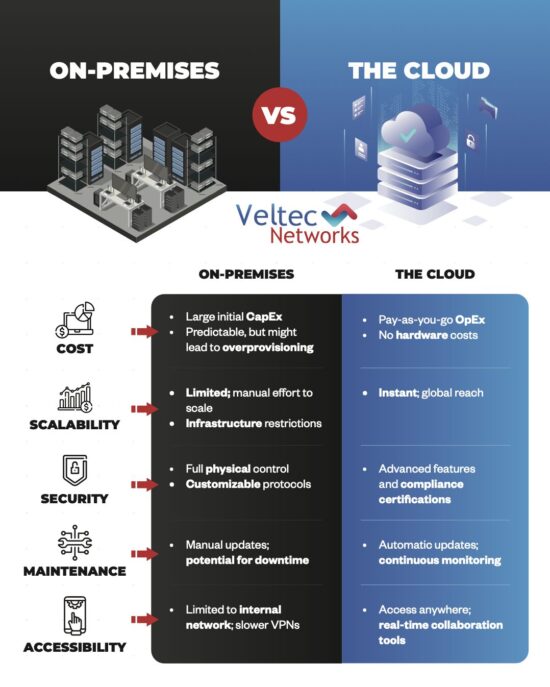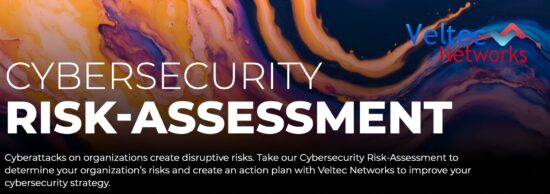Essential Data Security Practices for Small Businesses
Check out essential security tips. Protect your small business data. Get help from a San Jose network security company. Look at data security practices.
Businesses of all sizes have to think about cybersecurity. 43% of attackers target small businesses, but only 14% of small businesses believe they are ready to deal with risks. If your small business does not have a security plan in place, you need one — after an attack, 60% of small businesses go out of business within six months.
To protect your business’s data, bottom line, and reputation, you need the right security strategy and help from a San Jose network security company. Check out these tips and get a sense of the essentials.

1. Do a Comprehensive Assessment of Vulnerabilities
To secure your business, you need to assess your vulnerabilities. To ensure you have an honest assessment, consider working with a San Jose network security company. They can help you identify vulnerabilities throughout your technology and your business processes, including the following:
- External vulnerabilities
- outbound protocols
- Web browser controls
- Wireless networks
- Networking sharing
- User access permissions
Then, they can guide you toward recommendations to improve your security. Ideally, you want to build your security strategy around the areas with the most significant risk and the lowest amount of security efforts. A third-party company can help to ensure that you look at this issue objectively. Your internal team may not have the clarity to assess your vulnerabilities accurately.
2. Automate Patching
Manual patching is time-consuming, and mistakes or delays in the process increase the risk and the extent of cyberattacks. When businesses automate patching, they reduce vulnerabilities and decrease the risk of cyberattacks.
3. Prioritize Multi-Factor Authentication
As of 2019, 80% of breaches are due to weak passwords. By avoiding the most compromising passwords such as “12345” or “password,” you create a subtle layer of defense, but ideally, your organization needs to go a step further by prioritizing multi-factor authentication (MFA).
MFA requires users to enter a password and complete an additional verification step such as entering a code generated by a software app, putting in codes emailed to you or texted to your phone, or using biometrics such as fingerprints or facial recognition.
4. Watch for Internal Threats
You can’t just protect your organization from external threats. You also have to watch for internal threats based on both malice and negligence. A San Jose computer network security company can help you set up software and monitoring programs that look for the following internal red flags:
- Unusual, excessive, or unauthorized logins
- Logins from unrecognized devices
- Unexpected changes to user permissions or device access
- New installations on restricted systems or networks
To minimize internal threats, you need to be cautious about which employees have access to sensitive information. Employees should only have access to programs as needed based on their security credentials. Additionally, you also have to educate employees on best practices and how to avoid security breaches.
5. Back-Up Everything
Your business needs to back up everything from on-premise hard drives to cloud-based applications. This helps to prevent you from losing your data, but it also protects you from ransomware attacks. Small businesses, in particular, are especially vulnerable to ransomware attacks because they often don’t have their data backed up, making them more likely to yield to the demands of these attackers.
To thoroughly protect your business, you need a San Jose network security company that can help you draft, implement, and adjust security policies as needed. At Valtec Networks, we provide IT services and support to firms throughout San Jose and the San Francisco Bay area. Contact us today to learn more about how our managed IT and security services can help drive your business’s success.






